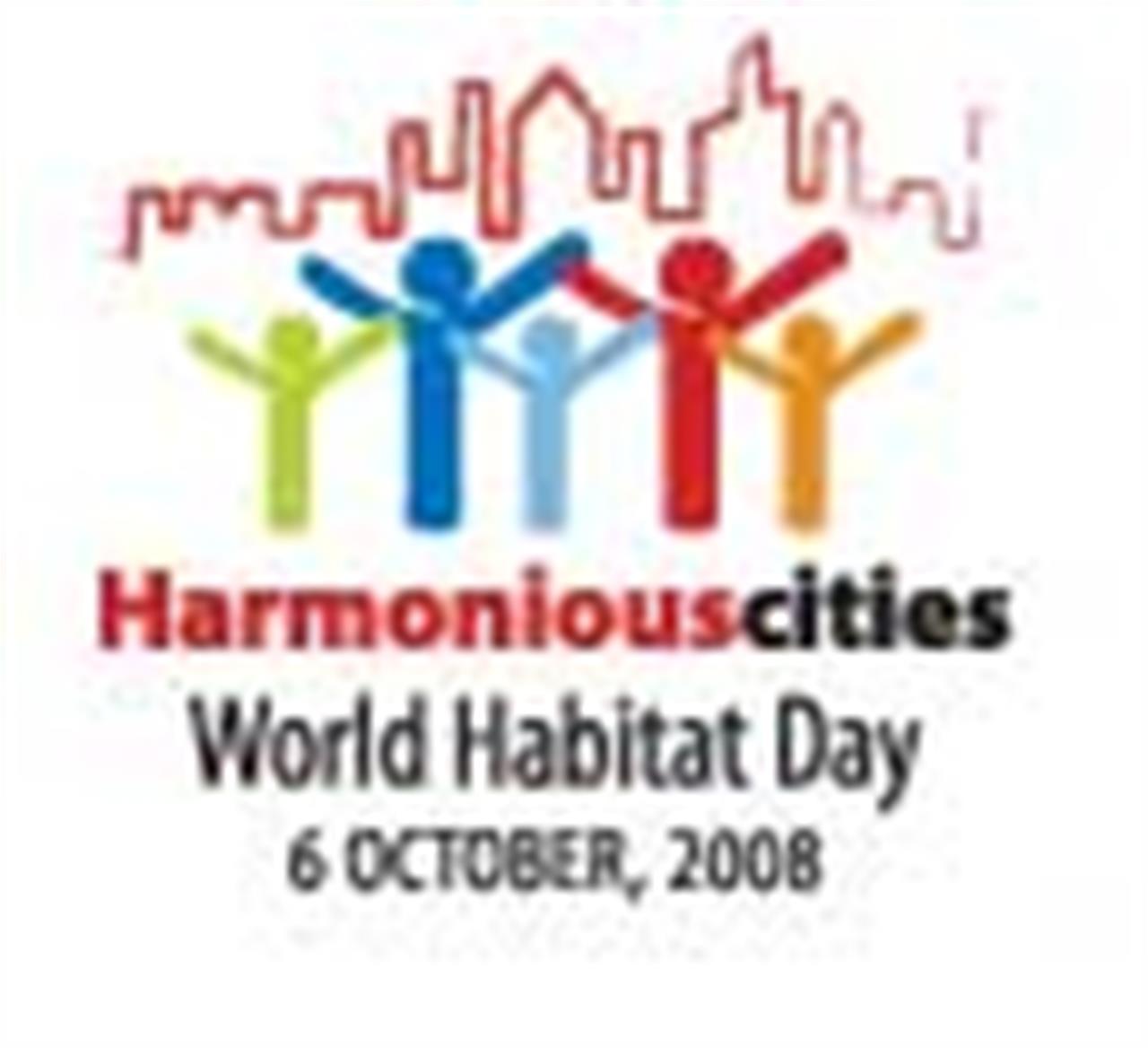Sostenibilità
World habitat day 2008
The theme of this year's world habitat day is Harmonious cities and aims to encourage civil society to reflect on humanity's increasingly urban habitat.
di Staff

The United Nations has designated the first Monday in October each year as World Habitat Day. The idea is to reflect on the state of our towns and cities and the basic right to adequate shelter for all. It is also intended to remind the world of its collective responsibility for the future of the human habitat.
The global observance of the occasion this year will be led from the Angolan capital, Luanda. The celebrations in Angola will show the world, how the country, after years of conflict, is progressing in the establishment of harmonious cities through improvements in urban infrastructure and services, and a new urban development strategy.
The United Nations chose the theme of Harmonious Cities for 2008 to raise awareness about the problems of rapid urbanization, its impact on the environment, the growth of slums, and the urbanisation of poverty as more and more people teem into towns and cities looking for a better life.
In an age where for the first time half of humanity is now living in towns and cities, the quest for adequate shelter for all along with basic services such as water, sanitation, electricity, decent health care, safe streets, etc., is more urgent than ever, especially in developing countries. There should also be no illusion that cities have the greatest impact on the environment and climate change. And where they are poorly managed, with weak governance structures, it is their citizens and their surrounds that suffer most.
Urgent action is thus needed to foster widespread use of new energy efficient and environmentally friendly technologies to reduce urban pollution.
Harmonious Cities are inclusive cities where everyone and every culture is at home.
Find out about innovative ways of making the city into a sustainable habitat:
Skyscraper farming: By the year 2050, nearly 80% of the earth’s population will reside in urban centers. Even the most conservative estimates claim that the human population will increase by about 3 billion people in the next 40 years… an innovative project suggests that city farming may be the answer to the question of how to feed the earth’s growing population. Find out more about The Vertical Farm Project.
Recycling: Matching the market for recycled office furniture with the supply source.This is the simple idea behind this award winning social enterprise that recycles unwanted office furniture by trading it to third sector organisations and schools – saving them money and helping to create jobs for marginalised people. Find out more about Green Works.
Investing in enterprise: With more than one billion people around the world living in slums, and half a million new people arriving to slums every week, the global housing crisis is a problem neither the public nor citizen nor private sector can fix alone. Ashoka’s Full Economic Citizenship initiative (FEC) is promoting a new way of thinking about housing for the poor and seeking to transform the housing industry to benefit low-income communities. Find out more about Ashoka’s Fellows.
To find out more about the UN’s Habitat Day:www.unhabitat.org
Cosa fa VITA?
Da 30 anni VITA è la testata di riferimento dell’innovazione sociale, dell’attivismo civico e del Terzo settore. Siamo un’impresa sociale senza scopo di lucro: raccontiamo storie, promuoviamo campagne, interpelliamo le imprese, la politica e le istituzioni per promuovere i valori dell’interesse generale e del bene comune. Se riusciamo a farlo è grazie a chi decide di sostenerci.
